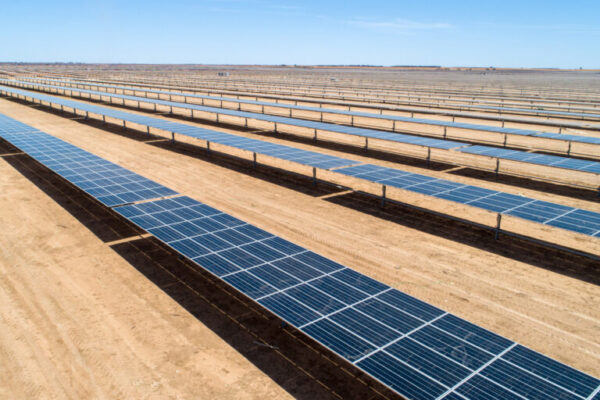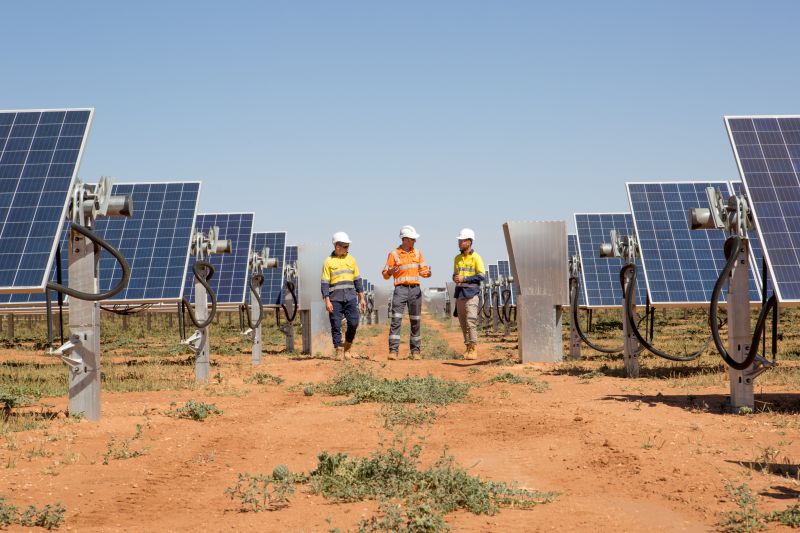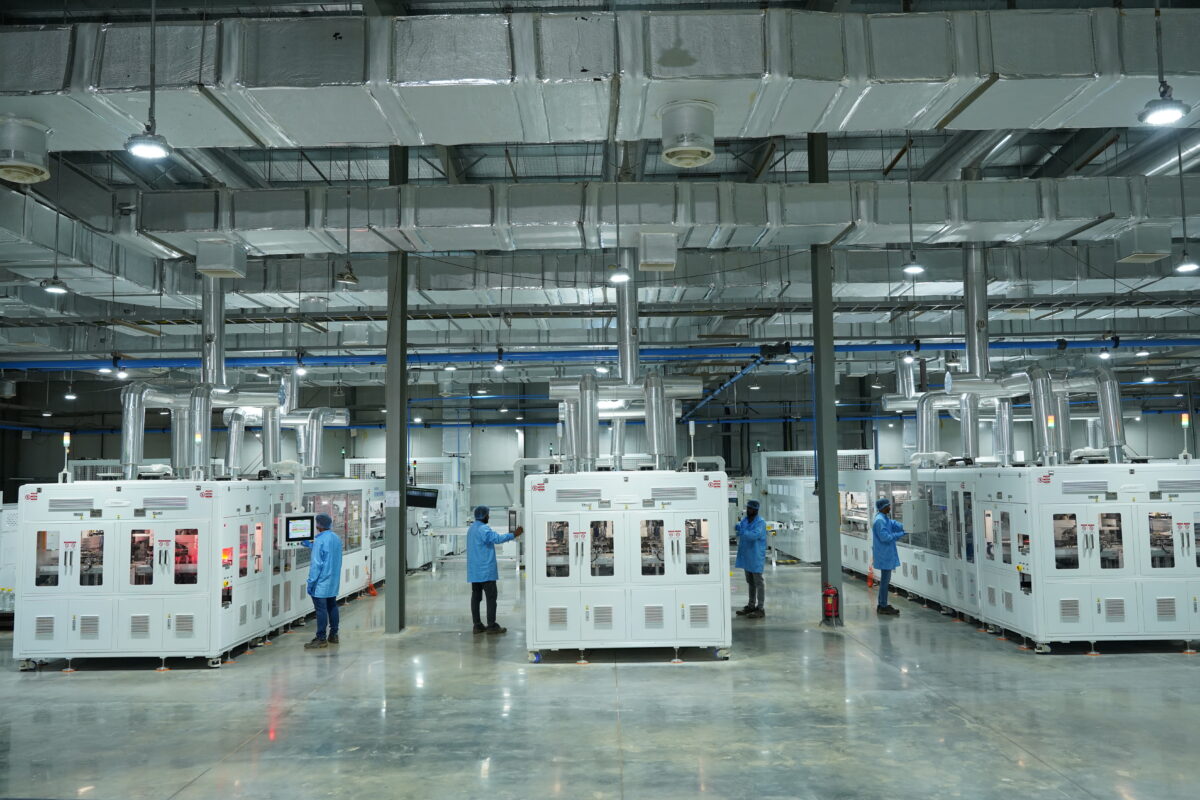German energy utility RWE confirmed it has reached a final investment decision on the 50 MW / 400 MWh Limondale battery energy storage system to be built alongside its existing 249 MW Limondale Solar Farm near Balranald in the New South Wales (NSW) Riverina district.
RWE said American manufacturer Tesla will supply its Megapack batteries for the project while Victoria-based Beon Energy Solutions will deliver the balance of plant works, including the civil, structural, electrical and control works required to connect the battery to the existing 33 kV substation.
Construction of the Limondale battery energy storage system is scheduled to start in the second half of this year, with commissioning of the 400 MWh system planned for late 2025.
The final investment decision comes after the project last year won a Long-Term Energy Service Agreement in NSW’s first competitive tender for supply under its electricity infrastructure roadmap.
Katja Wünschel, Chief Executive Officer of RWE Renewables in Australia and Europe, said the Limondale battery, to be built in the proposed South West Renewable Energy Zone, will support NSW’s energy transition by storing excess renewable energy and feeding it into the grid when it is needed most.
“With the expansion of renewables, we also need to increase battery storage capacities,” she said. “They are key for a reliable, secure, and sustainable electricity supply. Our Limondale project is a great example of what this can look like.”
The Limondale storage system will have a 50 MW maximum output and 400 MWh of storage capacity, allowing it to dispatch at full power for eight hours before needing to be recharged.
While the Limondale battery is the first eight-hour battery to reach the final investment stage, there are others in the pipeline
Ark Energy plans to build a 275 MW/2,200 MWh battery project at Myrtle Creek in northern NSW, while Lightsource bp will deliver the 49 MW/392 MWh Goulburn River battery in the upper Hunter Valley. Both are being developed next to existing or proposed solar farms.

Wünschel said in addition to supporting NSW with its renewable energy ambitions, the decision to proceed with the Limondale project marks another milestone in RWE’s ambition to expand its global batteries portfolio to 6 GW by 2030.
RWE currently operates more than 700 MW of battery storage systems globally and has 1.2 GW of battery storage projects under construction worldwide.
Australia has emerged as one of the company’s focus markets, with the Essen-headquartered outfit late last year outlining plans to develop up to 3 GW of renewable energy projects in Australia by the end of the decade.
RWE Chief Executive Markus Krebber said the company will invest about $6 billion (USD 3.99 billion) in a major build-out of solar, battery storage and wind power across the country.
“Australia is a very attractive renewable energy growth market,” he said. “RWE has been present in the country for 10 years and we intend to significantly expand our Australian renewables business.”
RWE has already signed a memorandum of understanding with Queensland government-owned energy company Stanwell to deliver two onshore wind projects with a combined capacity of up to 1.8 GW in that state.
Additionally, the company said it continues to develop an “attractive pipeline” of renewable projects focused on wind, solar and battery storage across the country.
This content is protected by copyright and may not be reused. If you want to cooperate with us and would like to reuse some of our content, please contact: editors@pv-magazine.com.









By submitting this form you agree to pv magazine using your data for the purposes of publishing your comment.
Your personal data will only be disclosed or otherwise transmitted to third parties for the purposes of spam filtering or if this is necessary for technical maintenance of the website. Any other transfer to third parties will not take place unless this is justified on the basis of applicable data protection regulations or if pv magazine is legally obliged to do so.
You may revoke this consent at any time with effect for the future, in which case your personal data will be deleted immediately. Otherwise, your data will be deleted if pv magazine has processed your request or the purpose of data storage is fulfilled.
Further information on data privacy can be found in our Data Protection Policy.